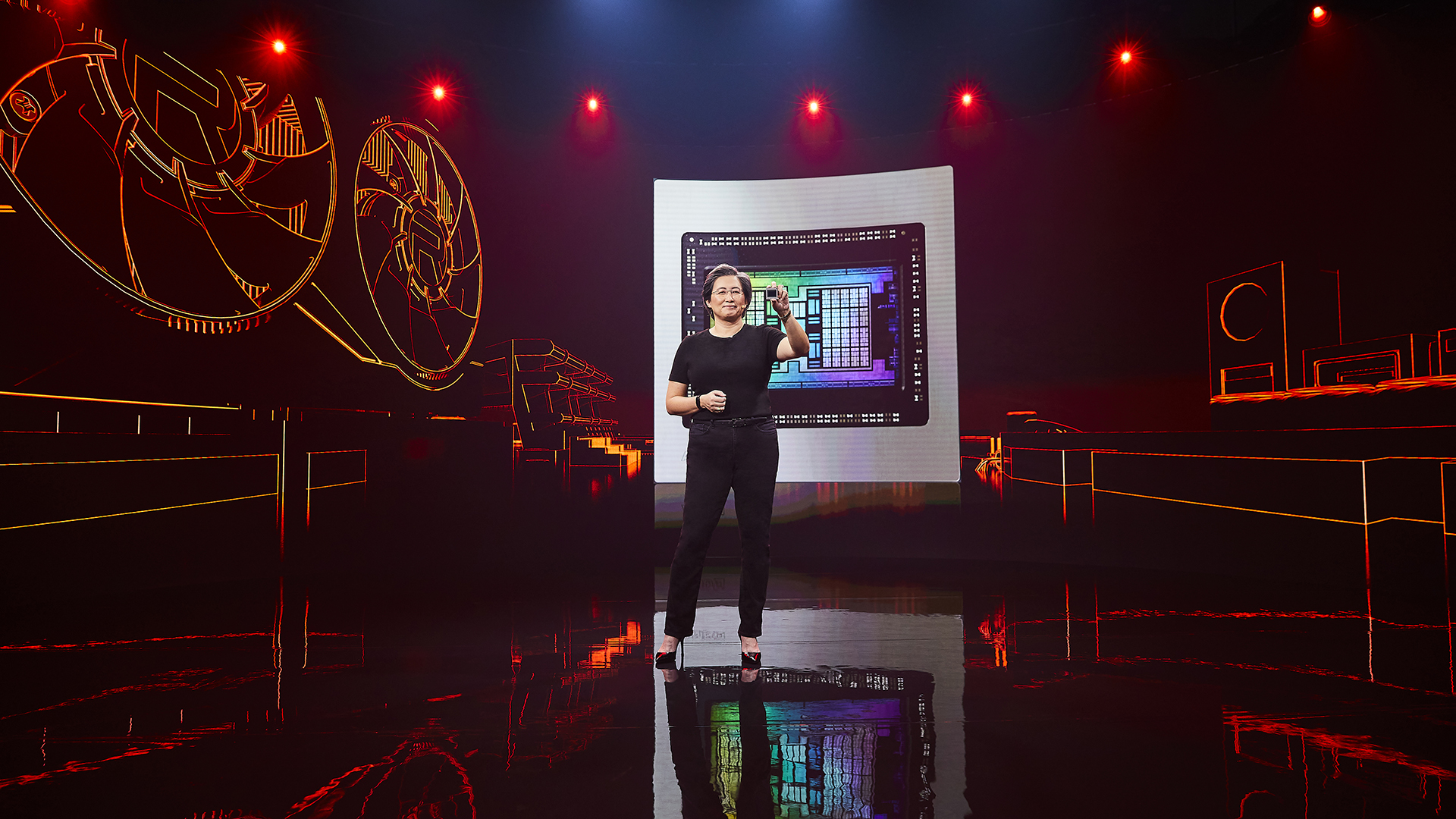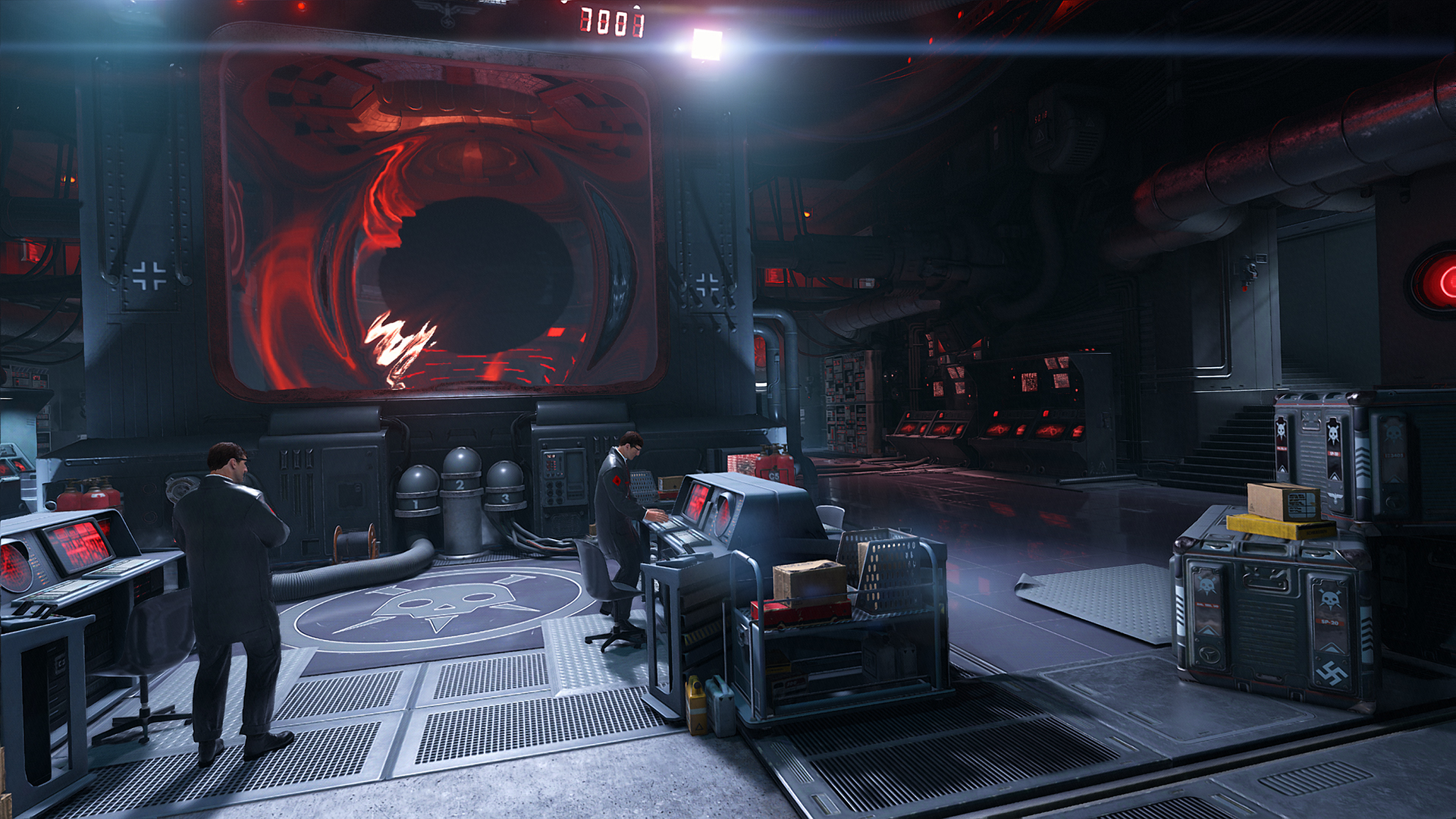Even Nvidia graphics cards could benefit from AMD's FidelityFX Super Resolution
Rumours now point to a June release for AMD's DLSS-a-like.

AMD's FidelityFX Super Resolution (FSR) could show up in June, according to YouTuber Coreteks. They claim to have spoken with a handful of game developers, who say that they already have access to some form of FSR already. Furthermore, they claim FSR will not require proprietary hardware and could run on even Nvidia's graphics cards.
Coreteks outlines what could be some features of FSR in the video embedded below, around the five minute mark.
To break it down, Coreteks says that AMD will use algorithmic super sampling to upscale a frame with low overhead, and they'll do this early on in the graphics pipeline. That is said to require only minimal developer time to implement, which is a mantra we've seen AMD aiming for with other features of the RDNA 2 architecture, such as Infinity Cache.
This will launch in June this year, which could stack up with an online AMD event alongside the E3 festivities, if I had to take a guess. Again, nothing concrete here, but it's not entirely out of the question.
There's a bit of a question mark over this next feature, even in the Coreteks video, but they claim FSR will work cross-platform, meaning Nvidia graphics cards can play, too. What that means for compatibility with older GPUs is anyone's guess. That's not out of the realms of possibility, at least.
Other FidelityFX features are a part of the hardware-agnostic GPUOpen library of effects, and let's not forget FreeSync, built with Adaptive Sync, has been an open invitation to Nvidia, one which it only recent took AMD (and VESA) up on.

As a reminder, AMD has not yet spoken about FSR publicly, stating that it will be ready when it's ready. We can't say for sure whether any of the above is accurate or will be present in the first public release of FSR. All we know for sure is that AMD intends to release FSR sometime in 2021, and that it will offer some form of analogue to Nvidia's DLSS in order to bolster team red's ray tracing performance.
The biggest gaming news, reviews and hardware deals
Keep up to date with the most important stories and the best deals, as picked by the PC Gamer team.
How it'll perform next to Nvidia's DLSS is another unknown today, but it's got some big shoes to fill since the increased effectiveness of Nvidia's second major DLSS release. It makes some of the best graphics cards today even better, and there's very little downside to speak of.
AMD needn't deliver all the bells and whistles to take the fight to Nvidia's DLSS, though, it only initially needs to get FSR out into the hands of developers and get the ball rolling.
DLSS has enjoyed a long stint with no real competition, and it only gets stronger with new every new game added to the ecosystem or new DLSS version. It'll be great to see any alternative in the market for those of us rocking AMD silicon, but especially one that bridges the gap between today's tech.

Jacob earned his first byline writing for his own tech blog. From there, he graduated to professionally breaking things as hardware writer at PCGamesN, and would go on to run the team as hardware editor. He joined PC Gamer's top staff as senior hardware editor before becoming managing editor of the hardware team, and you'll now find him reporting on the latest developments in the technology and gaming industries and testing the newest PC components.


